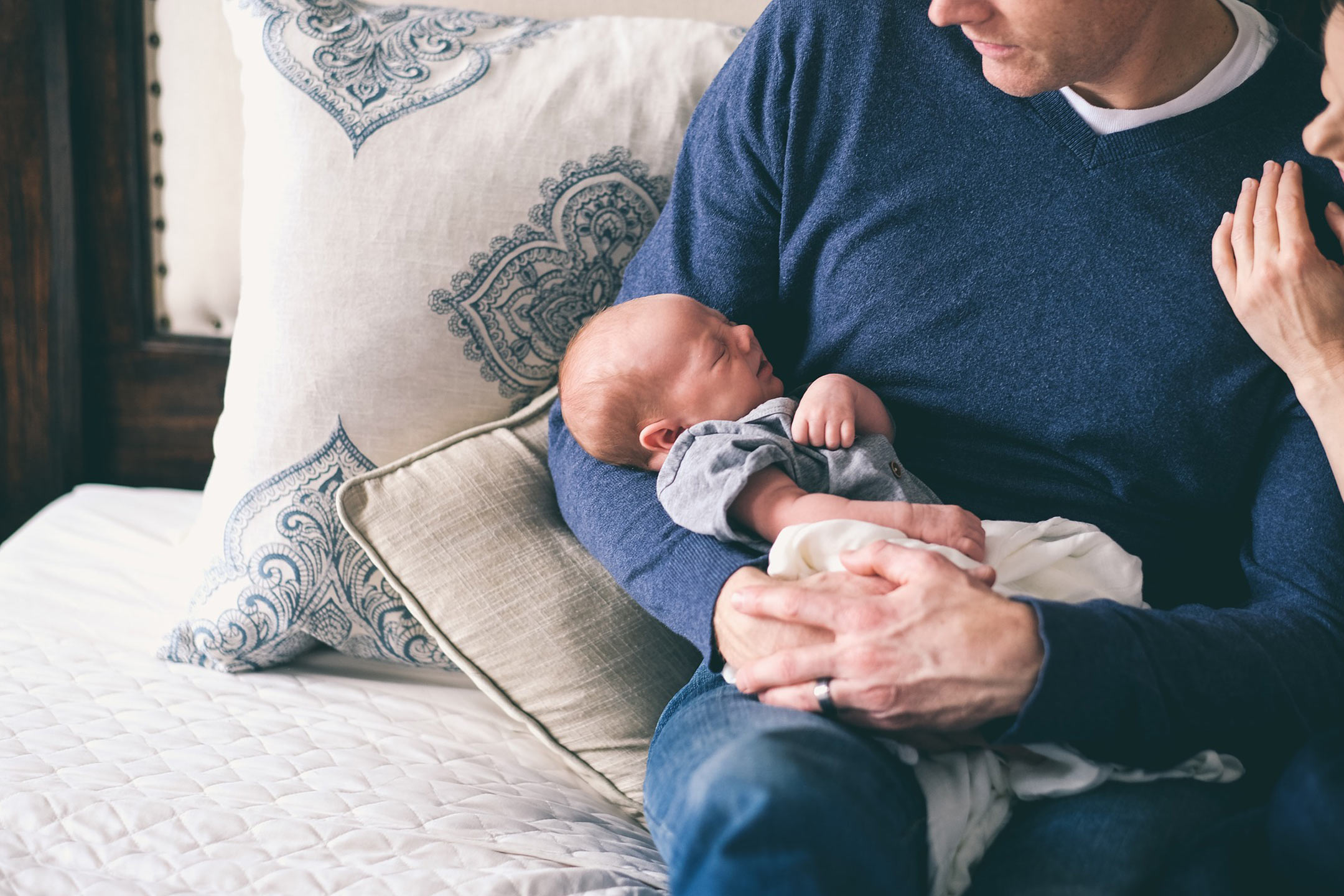
13 May Give Us A Break
There is a major issue not addressed before the birth of a child, writes Barry Cail.
When my wife and I went to our first prenatal class, the midwife discussed everything from changing nappies, lack of sleep and the partner’s support role, to not having enough hours in the day to complete all the tasks required of new parents. It was good and necessary information, and the brochures supplied more of the same.
But if I were to name the most difficult aspect of new parenthood, it wouldn’t be the sleepless nights, nappy changes or fear of why your baby is crying, nor the entire lifestyle change that happens once you enter this inner sanctum. It would be having no external support to provide some respite from the routine.
It hadn’t even crossed our minds. We were caught up wondering whether or not we were able to have a child, provide for that child, deal with the lack of sleep, be good parents and so forth.
Instead, the questions my wife and I should have addressed include who is available to help if needed? Are there close family members or friends in the same age group who are soon to become parents themselves? Can we afford to pay for external support? And if there’s no-one out there, what will we do? How will we live with this feeling of isolation? How emotionally robust are we?
In hindsight, it should have been bleeding obvious that we lacked support. Who was out there for us should we need a break? By a break I mean a few hours to go shopping, have a meal in peace, see a film or have the odd night off to catch up on sleep and engage with your partner. Yes, there are babysitters, but that’s costly, is not always appropriate, and certainly is not as flexible as having close family members or (very) close friends at hand.
Why is there seemingly so little emphasis on this subject? Are we meant to be stoic and not mention it, afraid of being seen as failures if we raise the issue?
There is much to consider. Friends with much older children are of little help; they have usually returned to work, and their kids are at a totally different stage. These friends have been through the early years and often forget just how tough things can get. The same can be said of close family members in the ‘been there, done that’ category. Friends or family who live far away are also of little help – never underestimate the tyranny of distance. And mothers’ groups rarely deliver what they have been set up to achieve.
The topic of middle-aged parents has been raised in the media recently – are they selfish? Should they even be considering having children after the age of 40? The issue of support is pertinent to any age group, but becoming a first-time parent in your forties means you may not have parents around, and if you do, their health may be such that they can’t look after grandchildren (and there’s the separate issue of the load placed on grandparents these days).
You might ask if the topic had been brought to our attention beforehand, would we have elected to not be parents? I don’t know the answer to that. What I do know is that it needed to be examined and discussed in the same way we considered our finances, health and whether we really wanted to be parents. We love and adore our son and we are the best parents we can be. But it is hard work even when you do have support, let alone when you don’t.
To have parental support, in whatever form, is important for one’s psyche and physical health, as well as the long-term welfare of the child. We all need some time out occasionally from work, home, relationships and partners. Children are no different – sometimes they need a break from us.




